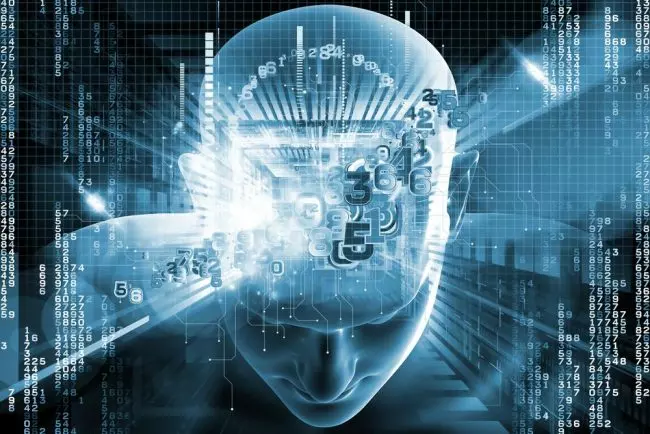 The poker world has big potential when it comes to players and their proficient skills in the game. It involves good strategy-making skills and, in order to outplay their rivals for the big win and the top positions at the leaderboard, the players should think way ahead and try to predict the next move of their opponent. This all happens naturally for some players and they are well-known as naturals in the poker world. People all around the world know their names and their bank accounts are constantly funded by the big earnings they are able to win by performing at various tournaments.
The poker world has big potential when it comes to players and their proficient skills in the game. It involves good strategy-making skills and, in order to outplay their rivals for the big win and the top positions at the leaderboard, the players should think way ahead and try to predict the next move of their opponent. This all happens naturally for some players and they are well-known as naturals in the poker world. People all around the world know their names and their bank accounts are constantly funded by the big earnings they are able to win by performing at various tournaments.
This comes to prove that the human brain has the capacity to surpass the expectations and perform at the utmost level during a poker game. However, in the recent years, the poker world is beginning to witness another curious tendency which can prompt us to question the very nature of our brains and the way they work. Artificial Intelligence, or AI as it is commonly referred, is the intelligent behavior of machines which have the capacity to adapt to their environment and acquire knowledge. The machines take actions which maximize the chances of success at a given task, such as a poker game, and sometimes even outperforming the human brains and players at the table.
The tasks of learning and problem solving which such machines are able to perform could then be defined as mimicking cognitive function previously typical for human beings only, and this level of technological advancement gives a lot of room for various companies to implement AI in the poker world and test it against human players in real-life poker games. Back in 1997, the field of chess was left aghast after the Deep Blue AI managed to defeat the reigning world champion Garry Kasparov, and experts are witnessing the same scenario repeating itself in the poker world. In the beginning of this year, the artificially intelligent system called Libratus succeeded in outplaying its opponents, who were some of the most proficient poker players at the moment.
Libratus Takes the Lead
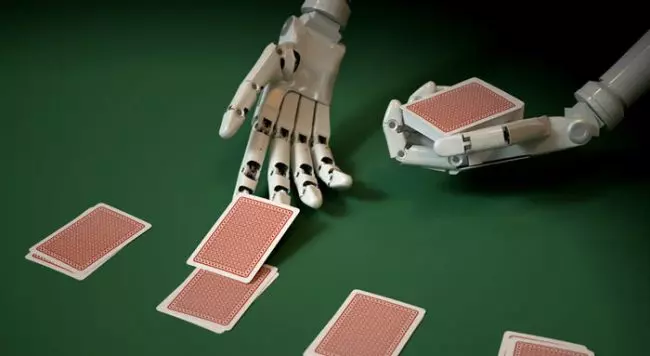 Naom Brown is one of the masterminds behind the revolutionary AI program which has the ability to successfully predict the next move of every poker player in the world and it is even able to learn and acquire new skills as it goes. Mr. Brown is a Ph.D. student and an AI researcher at Carnegie Mellon University and he helped a lot in the development of the program which runs on a Pittsburgh supercomputer. Over the span of almost twenty days, Libratus played No-Limit Hold’em against some of the pros like Dong Kim, Jason Les, Jimmy Chou, and Daniel McAulay. As it is known, this specific variety of poker is very complex and in it, there is a wide variety of betting strategies which play out over dozens of hands.
Naom Brown is one of the masterminds behind the revolutionary AI program which has the ability to successfully predict the next move of every poker player in the world and it is even able to learn and acquire new skills as it goes. Mr. Brown is a Ph.D. student and an AI researcher at Carnegie Mellon University and he helped a lot in the development of the program which runs on a Pittsburgh supercomputer. Over the span of almost twenty days, Libratus played No-Limit Hold’em against some of the pros like Dong Kim, Jason Les, Jimmy Chou, and Daniel McAulay. As it is known, this specific variety of poker is very complex and in it, there is a wide variety of betting strategies which play out over dozens of hands.
When asked how he felt while playing against a machine, Kim stated that there was a moment when he felt as if the AI was able to see his hand and knew what cards he had. This is not possible since the environment was well-controlled, but it only comes as a confirmation that the super program was progressing in its development and at that point, it had become very good. This was the moment when it mimicked the human intuition and the ease with which it was able to do so was a surprise to many experts in the field.
What Makes Libratus This Powerful
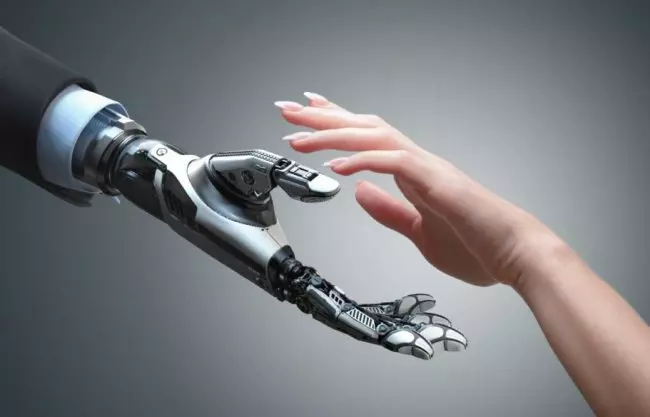 Some of the human players who lost against it confirmed that the AI knew when to bluff, and when to get low with very good cards. It also knew when to split its bets into three, four, five different sizes, which is something no human layer could accomplish. They noticed that it was learning what they were doing and exploiting it for its own agenda of winning. In its core, Libratus relied on three different systems which were working in unison. As it is often reminded, deep neural networks are the driving force of every process going on in the AI, but Libratus used something even better – reinforcement learning. It played many games against itself in a form of extreme trial-and-error.
Some of the human players who lost against it confirmed that the AI knew when to bluff, and when to get low with very good cards. It also knew when to split its bets into three, four, five different sizes, which is something no human layer could accomplish. They noticed that it was learning what they were doing and exploiting it for its own agenda of winning. In its core, Libratus relied on three different systems which were working in unison. As it is often reminded, deep neural networks are the driving force of every process going on in the AI, but Libratus used something even better – reinforcement learning. It played many games against itself in a form of extreme trial-and-error.
Through an algorithm called counterfactual regret minimization, it began by playing at random, and eventually, after several months of training and trillions of hands of poker, it succeeded in playing against the human beings in ways they could not predict.
DeepStack and Its Potential
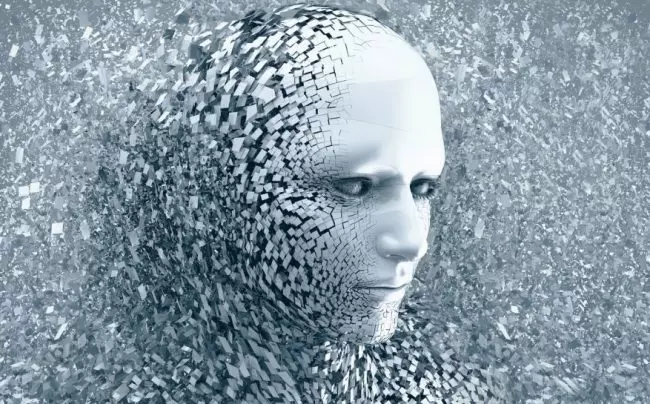 In the meantime, researchers are working on another poker AI which also shows great potential. The DeepStack program is developed by Michael Bowling, a computer scientist at the University of Alberta and his team of researchers. The scientists located in Edmonton, Canada have devoted their time their work on DeepStack, which calculates only a few steps ahead, instead of the entire game, as it is with Libratus. At any given point the AI program is recalculating the algorithms it utilizes since there is new information which is received. In the case when the AI has to act before the opponent has made a bet and there is no new information acquired, DeepStack relies heavily on the deep learning process.
In the meantime, researchers are working on another poker AI which also shows great potential. The DeepStack program is developed by Michael Bowling, a computer scientist at the University of Alberta and his team of researchers. The scientists located in Edmonton, Canada have devoted their time their work on DeepStack, which calculates only a few steps ahead, instead of the entire game, as it is with Libratus. At any given point the AI program is recalculating the algorithms it utilizes since there is new information which is received. In the case when the AI has to act before the opponent has made a bet and there is no new information acquired, DeepStack relies heavily on the deep learning process.
It utilizes neural networks which enact the knowledge and they help minimize the potential situations created by the algorithms, which in turn makes the reactions of the AI faster and there is less room for mistakes. In order to test it in real-life conditions, the researchers then proceeded to let 33 poker professionals play against it over the span of four weeks. The total number of heads-up No-Limit Texas Hold’em games amounted to 44,852. According to the estimations performed after the data was collected, they showed that DeepStack has performed 10 times better than a professional poker pro. The two AI programs have not battled among themselves as of yet and the better one could not be determined, but it is a fact that DeepStack is able to run on a laptop, instead of a supercomputer which is far from that level of mobility. For the time being, it has a lot of learning to do in order to mimic complex human decision making.
PokerStars Implements Artificial Intelligence
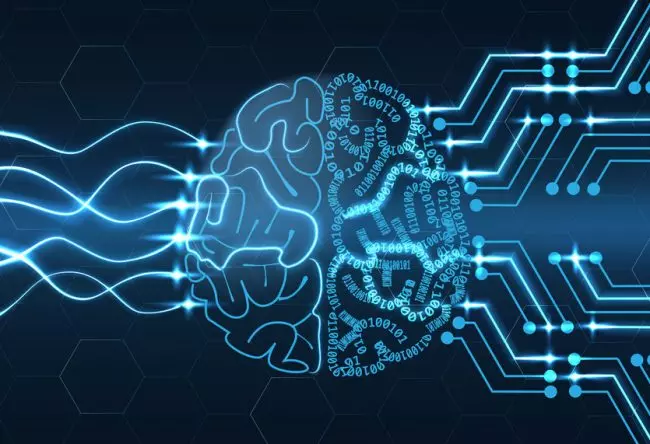 In a recent statement by Ryan Gittleson from Virtue Poker, it was confirmed that the peer-to-peer decentralized poker platform is going to implement combats among the bot operators, as well as poker matches between bots and human poker players. Michael Josem, a former employee of PokerStars stated that the company is currently looking for employees which could take the positions of poker AI research engineers and this suggests that the company is looking for ways to introduce the technology deeper in the platform and better the services they are able to offer to the customers.
In a recent statement by Ryan Gittleson from Virtue Poker, it was confirmed that the peer-to-peer decentralized poker platform is going to implement combats among the bot operators, as well as poker matches between bots and human poker players. Michael Josem, a former employee of PokerStars stated that the company is currently looking for employees which could take the positions of poker AI research engineers and this suggests that the company is looking for ways to introduce the technology deeper in the platform and better the services they are able to offer to the customers.